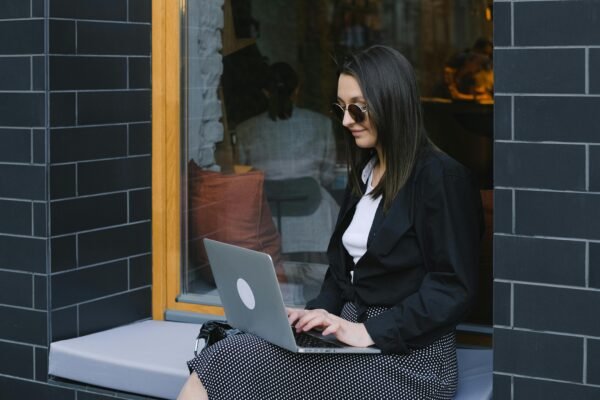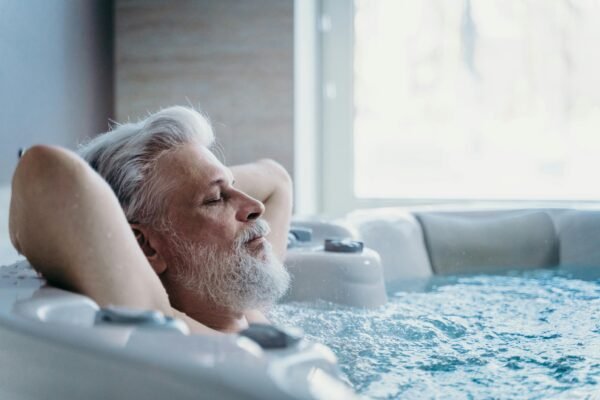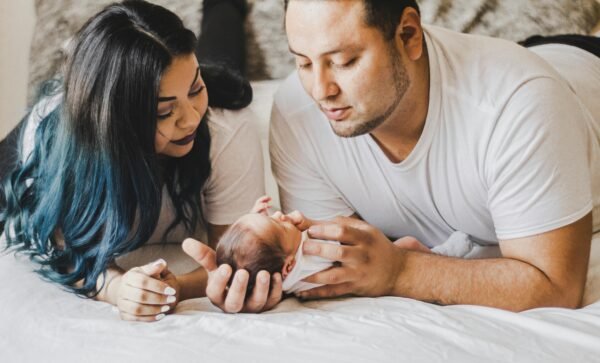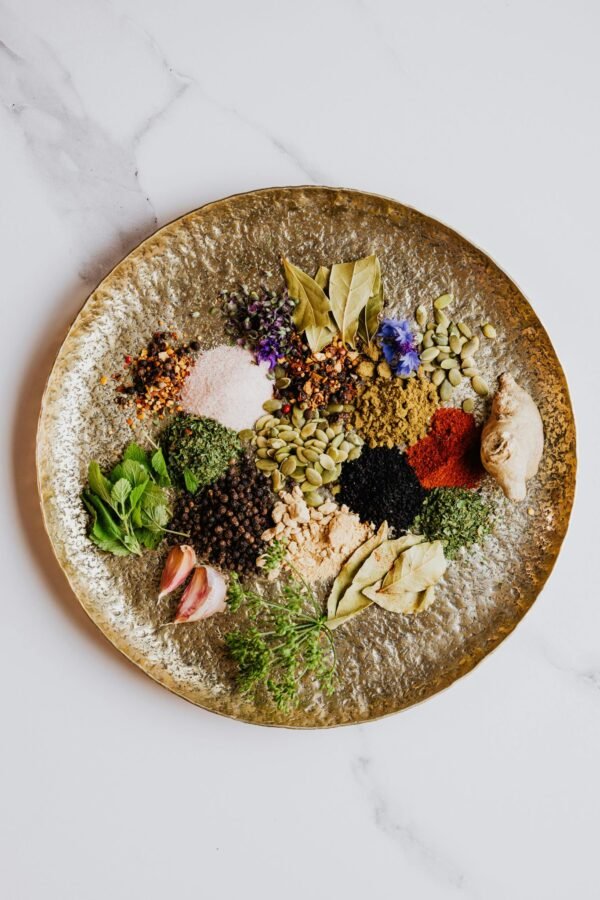
Stress Less, Worry Less and Live Better
Manage stress and anxiety on-the-go with My Possible Self App

In 2017, 60% of UK employees reported suffering from a mental health problem like stress or anxiety. Mindfulness is now the go-to fix for our stressful lives but, for most people, it’s impossible to fit it into manic schedules.
Enter My Possible Self, the emotional health and wellbeing service provider which just recently announced the launch of the UK’s first mobile self-help app featuring content clinically proven to relieve the symptoms of stress, anxiety and mild-moderate depression.
This brilliant new app is a personalised self-help tool that helps you meet the stresses and strains in your life head on. Bursting with exercises you can do on the tube, with your coffee or waiting in a queue, the app empowers you to take charge of your thoughts and feelings to create a healthy, happy you.

It is the first self-help app to feature content licensed from the world-renowned Black Dog Institute, who are the leaders in e-mental health research, and is clinically proven to reduce stress, anxiety and mild-moderate depression in just eight weeks.
The app, which launched in October 2017, uses functions such as ‘Moments’ and ‘Modules’ alongside the ability to monitor symptoms to help you better understand your feelings and recognise any patterns or triggers in your behaviour.‘Moments’ allows you to capture your thoughts, feelings and experiences through photographs and notes and associate them with an emotion, whilst the clinically proven, self-help modules draw upon established forms of the therapy, including cognitive behavioural therapy, interpersonal therapy and problem-solving therapy and are designed to be as personal to you as possible.

Modules within the app include, managing fear and anxiety, managing stress and overload, building happiness and wellbeing, managing loss and major life changes and solving problems. The entire app also uses complex algorithms to personalise user journeys according to individual responses, therefore creating a completely unique experience tailored to your own specific needs.
My Possible Self was launched in 2009 by Joanne Wilkinson, whose life was transformed when she experienced emotional difficulties in her adult life and sought guidance from a highly skilled therapist. However, access to a therapist is not always so readily available, and it was from here that My Possible Self was born. Their first-of-its-kind app is an exciting launch for 2017, and Joanne comments:
‘We are passionate about making a positive difference to the lives of people suffering from mental health problems – especially those who cannot access services due to a lack of resources. We want to start a movement and look forward to people joining us on our journey.’
The app has gained support from leading mental health campaigner and former care minister Norman Lamb MP has been previously quoted; ‘I am confident that My Possible Self can help people improve their mental wellbeing, come through difficult times, and improve their overall quality of life.’

Not only can the app transform the lives of individuals, but it could also help employers improve the wellbeing of their workforce. Last year, 12.5 million working days were lost due to work-related stress, depression or anxiety. While counsellors provide invaluable support, offering these services can be costly and time-consuming. My Possible Self could give employees the tools to overcome obstacles and challenges themselves, thus reducing absence, improving wellbeing and increasing productivity.
The launch of the app coincides with the rise in discussions surrounding mental health issues, as it becomes much more mainstream a topic. This is a positive indication of how society is tackling an incredibly important issue, and My Possible Self hopes to provide a solution to help end the stigma of mental health.
My Possible Self is available from the App Store, Google Play and online at www.mypossibleself.com, with individual subscriptions priced at £5.99 per month or £60 per year.











































